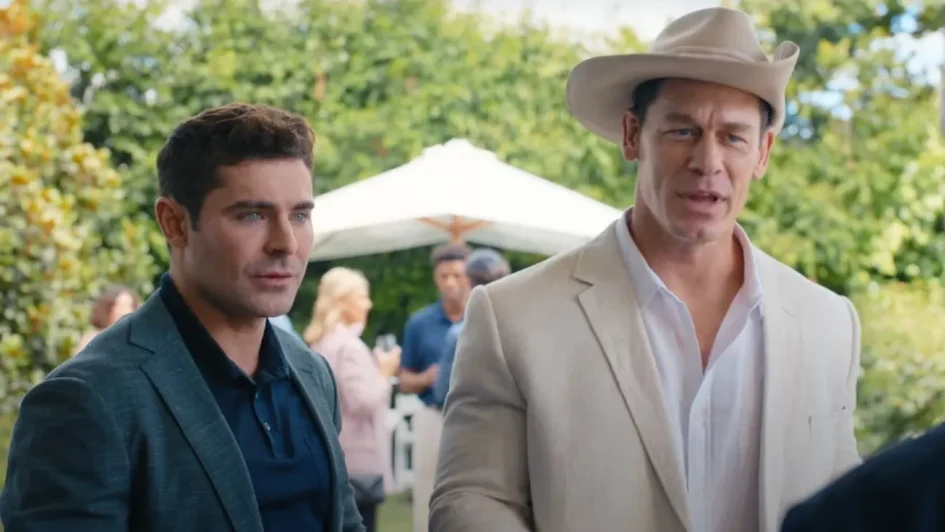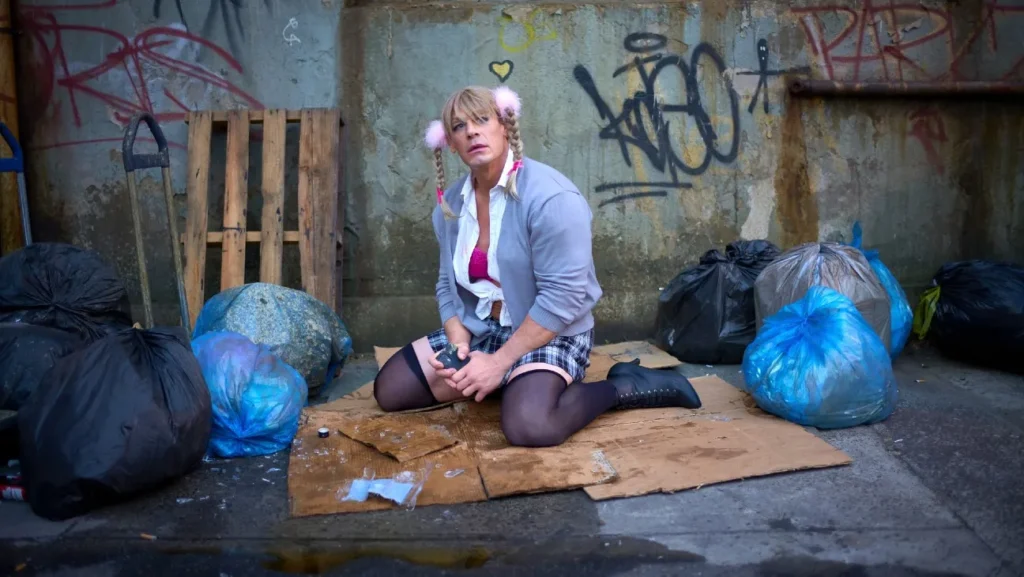In the world of entertainment, the divide between a good comedy and a bad one mirrors the distinction found in professional wrestling. A good comedy, much like a skilled wrestler, possesses a finely tuned sense of timing and delivery, expertly landing punchlines with precision and eliciting genuine laughter from its audience. It understands the importance of pacing, character development and clever writing, much akin to a wrestler who knows how to build suspense, execute dangerous moves safely and craft compelling storylines that keep spectators on the edge of their seats.
On the other hand, a bad comedy, like a new wrestler, may stumble over its jokes, relying on tired clichés and cheap gags that fall flat. And just as an unseasoned wrestler lacks the finesse and charisma to captivate the crowd, a subpar comedy fails to engage viewers, leaving them disinterested and disconnected from the performance. In both cases, the key lies in the ability to entertain and leave a lasting impression, whether through uproarious laughter or electrifying spectacle.
Much like his wrestling career, John Cena’s foray into Hollywood has seen moments of triumph and occasional stumbles. As an action hero, Cena’s larger-than-life persona and charismatic presence have undoubtedly been assets, often leading to memorable performances that work well with audiences. His comedic timing and willingness to embrace self-parody have resulted in standout roles in films like Trainwreck and Blockers, where his comedic chops shine alongside established actors.
However, Cena’s success in this genre is not without its drawbacks. Some critics argue that his acting range can be limited, leading to instances where his performances may come across as forced or lacking depth. Additionally, while his physicality serves him well in action sequences, it can sometimes overshadow the subtleties required for nuanced comedic delivery. Nonetheless, Cena’s dedication to his craft and willingness to take risks suggests that, despite the occasional miss, he remains a compelling and promising figure in the realm of comedy-action cinema.
Ricky Stanicky marks the latest comedic venture for the former WWE champion. Directed by Peter Farrelly, the film follows a trio of childhood friends: Dean (Zac Efron), Wes (Jermaine Fowler) and JT (Andrew Santino). During one Halloween night of their youth, the trio accidentally sets a house ablaze. To evade responsibility, they concoct a fictional character named Ricky Stanicky.
As they mature, the friends continue to use this imaginary figure as a scapegoat for escapades, including evading significant others for outings like football games and casino trips. However, when JT misses his child’s birth due to a trip to Atlantic City, the group realizes they must bring their fabricated character to life. This leads them to Rock-Hard Rod (Cena), a self-proclaimed actor who agrees to assume the role. Unbeknownst to them, Rod dives headfirst into the character, blurring the boundaries between reality and fiction, much to the friends’ surprise and bewilderment.
In professional wrestling, both tag teams and stables exist, essential components in crafting compelling narratives. The standout groups, such as The Fabulous Freebirds, The Four Horsemen and The Hart Foundation, are remembered for their remarkable chemistry. However, the success of these alliances hinges on the synergy between the wrestlers; without it, the teams falter.
Regrettably, the ensemble of Ricky Stanicky fails to achieve this cohesion.
While John Cena single-handedly carries the movie with his commanding presence, Zac Efron, Jermaine Fowler and Andrew Santino struggle to find their footing. In particular, Efron appears to be merely going through the motions, lacking the spark that once defined his performances, as seen in his acclaimed role in The Iron Claw. This lackluster performance places an added burden on the rest of the trio, one they are unable to overcome, resulting in a disconnect that hampers the film’s overall impact.
Just like he once reigned as a WWE champion, John Cena emerges as the beacon of Ricky Stanicky. In the world of wrestling, performers can swiftly transition from despised villains to beloved heroes, showcasing a remarkable ability to adapt to various roles at the whims of the writers. This versatility proves to be Cena’s greatest asset.
Initially introduced as an unlikable character, Rod undergoes a transformation throughout the film, evolving into a genuinely endearing figure. Cena’s portrayal is marked by an infectious zeal and enthusiasm, both on-screen as Rod, and in his real-life commitment to the role. While his acting may not be flawless, Cena’s dedication injects vitality into a film teetering on the brink of mediocrity.
Despite the Farrelly Brothers’ films often being linked with humor, their core messages of optimism and inclusivity tend to be overshadowed. While these themes may lack subtlety, their genuine intent is undeniable. Ricky Stanicky remains steadfast in highlighting the values of inclusion and empathy, consistently delivering a positive message. Though the film’s sophomoric humor may not resonate with everyone, its exaggerated scenarios, featuring Cena’s depiction of music legends and a circumcision mishap, promise a distinctive and potentially rewarding cinematic journey for those open to embracing it.
Ricky Stanicky earns three out of five-stars, largely due to John Cena’s commanding performance that propels the film forward, reminiscent of his wrestling tenure. While Zac Efron’s presence should complement Cena’s, his portrayal falls flat, lacking the vitality needed to elevate the film. Without Cena’s dedication to his craft, Ricky Stanicky could have easily been the worst film of 2024. Fortunately, the movie gods smiled upon director Farrelly, granting the film a fighting chance.
While not a cinematic heavyweight, Ricky Stanicky may just secure a mid-card title, thanks to Cena’s standout performance.

